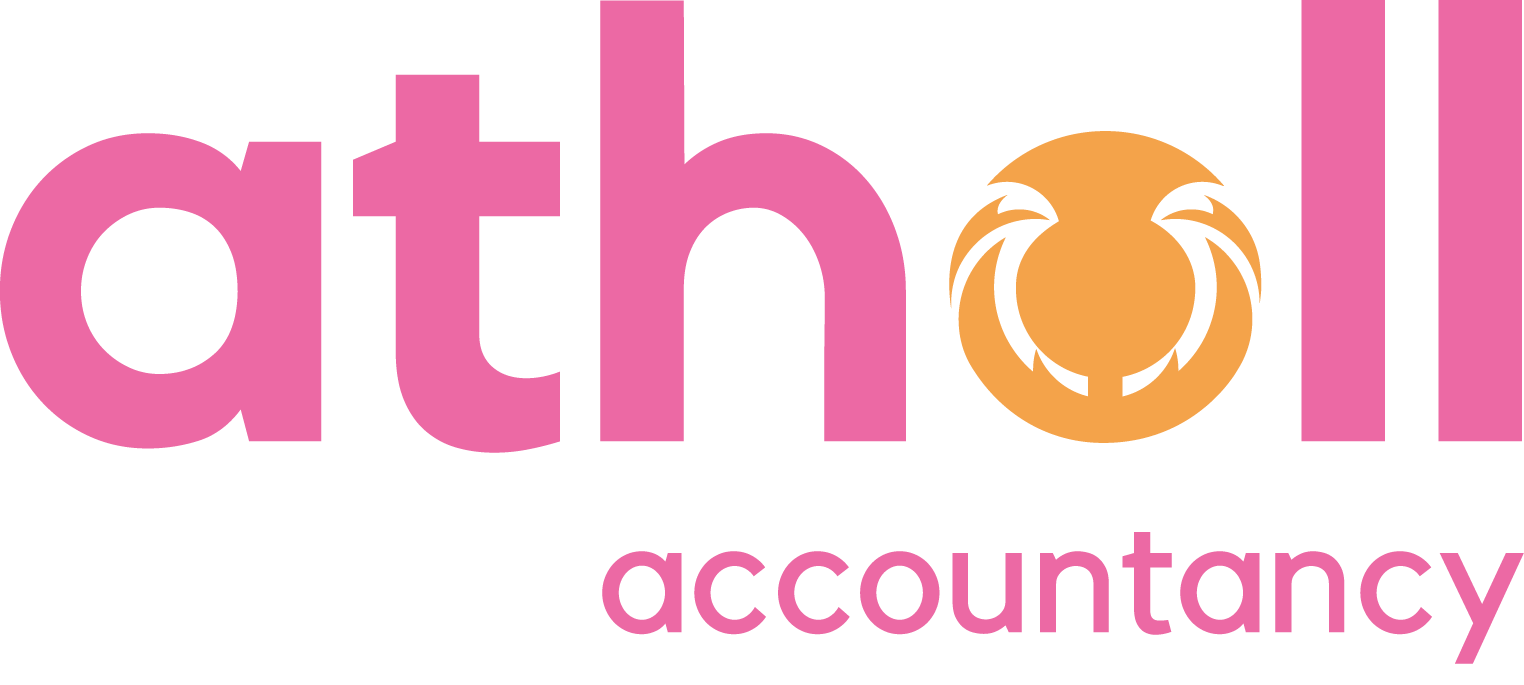Every business needs a bookkeeper, but there may be something that yours isn’t telling you. We’ve compiled a list of the most common secrets your bookkeeper most likely wishes that you knew to help you save time and money in your business, and get the most out of the services that you shell out for.
1. Use the Cloud
You’d be surprised at just how many business owners are resistant to adopting cloud-based accounting or bookkeeping software. Cloud-based technology can be used to centralise your financial information and make it accessible from anywhere, at any time. This is a huge time-saver and means that you won’t have to waste time and energy rifling through a crammed filing cabinet to double-check an old invoice.
Furthermore, the cloud offers a range of security benefits. For one thing, permissions-based access gives you full control over which employees have access to certain information. Cloud data is also encrypted and heavily protected, which means that physical damage such as flooding or fire won’t destroy all of your records.
2. Remote Working is the Way Forward
Your bookkeeper no longer needs to do house calls. Virtual bookkeeping services mean that accountants and bookkeepers can do the bulk of their work without setting foot anywhere near your office. Cloud-based software means that your bookkeeper can handle all of their duties quickly and efficiently off-site, increasing flexibility and saving time for both parties.
3. Separate Your Duties
As a small business owner, there’s such a thing as being too trusting. Of course, no one wants to believe that their employees would steal from them but internal theft is very common. In fact, research by the California Restaurant Association found that 95% of businesses have suffered from some form of employee theft.
In order to prevent this, consider separating duties to limit fraudulent activities within your business. For example, the employee who handles financial transactions should not be in charge of recording them, as this makes it easier for them to misappropriate funds and cover up their fraudulent actions.
4. Avoid Double Data Entry
Double data entry means entering data from one system into another. Not only is this a waste of time, it also increases the likelihood that your records will contain inaccuracies, which could compound and create a big problem later on. Instead, integrate your technologies so that all of your records automatically stay accurate and up-to-date. Speak to your bookkeeper about how to connect your cloud accounting software to your expense management so that your records stay impeccable and you can put your time to better use.
Summary
By implementing the above simple bookkeeping secrets, you can save both time and money in your business. Be sure to take advantage of the power of cloud-based technology so that you don’t waste time on tasks that would be far better automated, or on commuting when you could be working remotely. Finally, remember to separate out duties to protect your business against employee theft and remember to keep your audit trails accurate and up-to-date.
